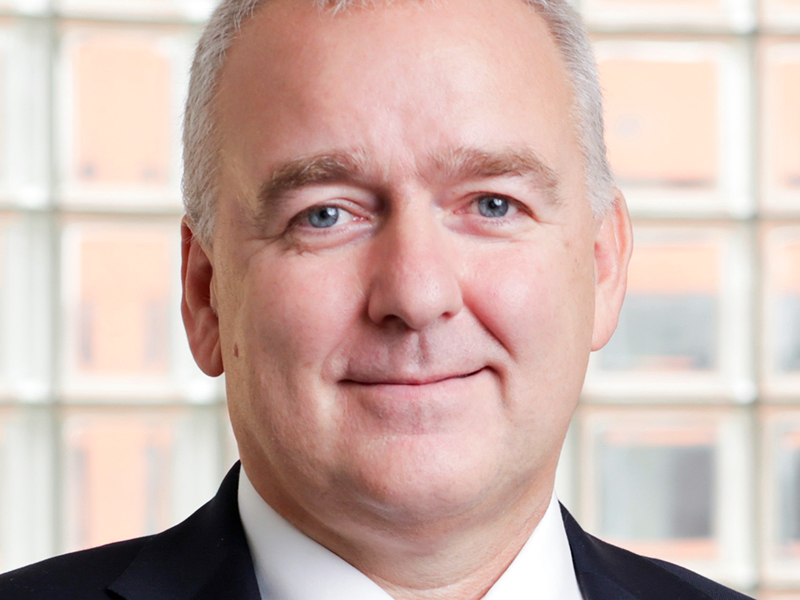Increased demand must be met by increased funding, says Derek Mitchell
I’m an Ayrshireman, so I’m biased, but Burns gave us some cracking lines didn’t he? Like “facts are chiels that winna ding, and downa be disputed”. Modern-day translation: facts don’t change, and you can’t argue with them.
That phrase has been in my mind since I was told the following fact: the number of people seeking advice from a Scottish Citizens Advice Bureau (CAB) rose by nearly 10% last year compared to the year before - 636,037 compared to 580,952. That’s a hefty increase in anybody’s language.
Now if we were a big chain of supermarkets or pubs, that kind of increase in footfall would have our shareholders rubbing their hands with glee. But as a charity, which offers its service for free, more clients just means more work. More work with no more money to help us do it.
To me, this 10% rise shows two things. First, people out there are really struggling. Nobody likes asking for help, and they only do so when they’re at – or beyond - crisis point. This figure is a sign that more and more people are in serious trouble.
Secondly, it shows that when people do need help, they know where to get it. Our circular blue and yellow logo is seen by people as a sign of quality and dependability.
And that faith is earned. We can’t work miracles but in most cases we do help people. Maybe finding them a benefit they didn’t know they were entitled to, or negotiating with their creditors. Every day we help people stay in their homes, keep the heating on or put food on the table. Clients tell us that even just being able to talk about their money problems with a trained, sympathetic adviser is a huge relief.
But workloads like this create additional pressure on CAB staff, and this comes alongside uncertainty about the security of their funding. Ironically, as our advisers offer people certainty, their own jobs are often at the mercy of short-term funding cycles.
A grim annual event that every CAB manager is familiar with is having to issue redundancy notices to staff around the time of the new financial year, because the funding for their post hasn’t come through.
Sometimes it then does come through, just weeks or in some cases months later, but that process is unnecessary and upsetting for people. Imagine trying to help someone with their bills and debt when you’ve just been told you’re set to lose your own job. Imagine being the manager of a CAB, seeing your demand soar and you don’t know if you’ll have enough staff in a matter of weeks.
This year sees the 85th anniversary of the CAB network. We’ve served communities for longer than the NHS, and we have unlocked billions of pounds for people in that time. So, to be clear, there is no capability issue with our CABs. But there is a growing concern about capacity.
These increasing levels of demand will not end anytime soon. And you can’t keep doing more and more with less and less - there’s a fact that winna ding.
And here’s another one: If policymakers really value our service, and if they want it to continue, they have to provide it with funding that is not just adequate but stable and secure.
Derek Mitchell is chief executive of Citizens Advice Scotland.
This column was first published in the Herald







